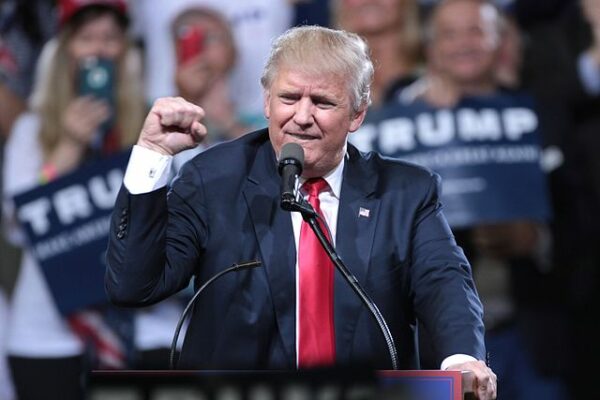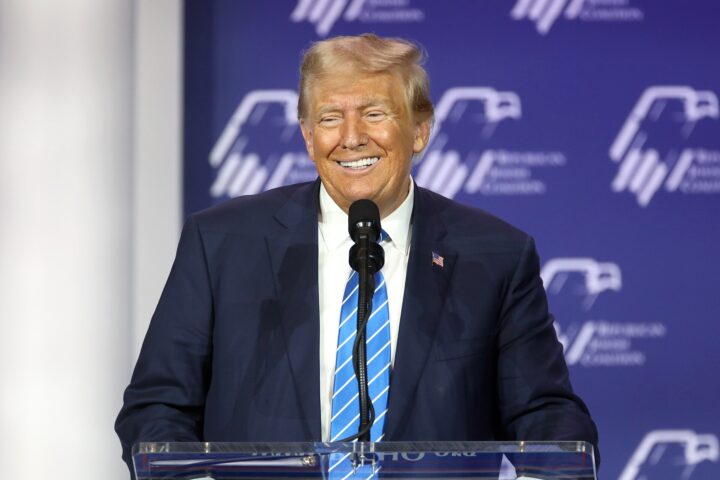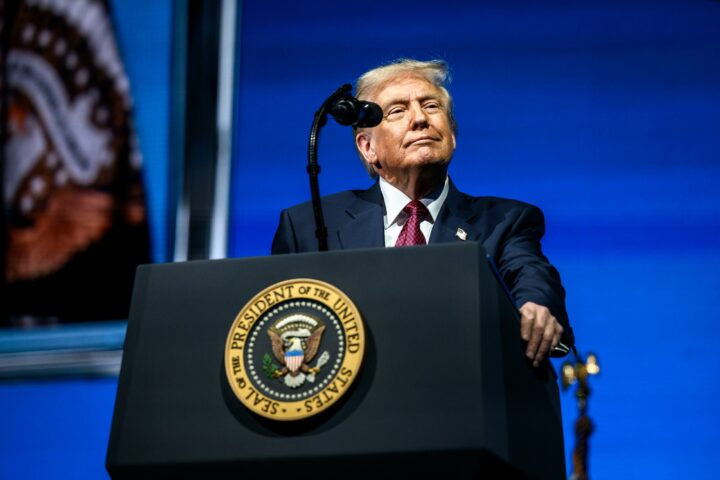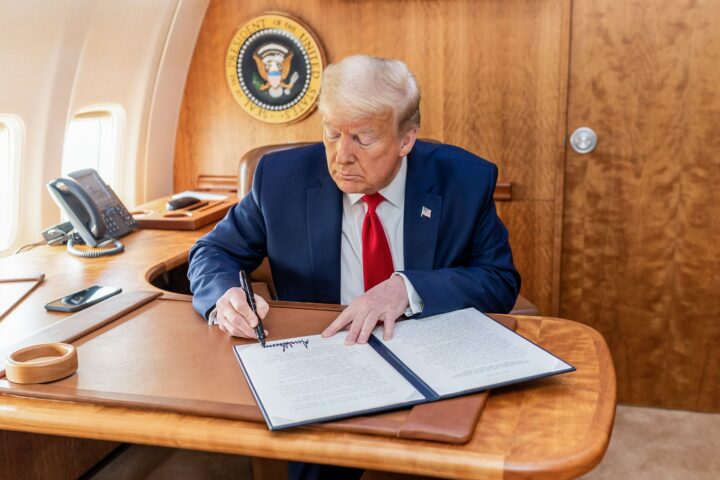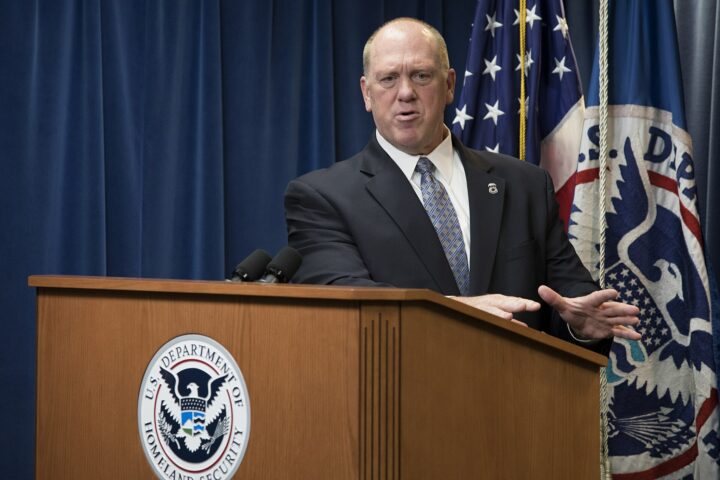He’s going to hit the ground running. Trump’s return to the White House promises to see a seismic shift in policy, and he intends to make it happen fast. Within the first day of his second term, Trump’s administration plans to unleash an array of executive actions aimed at reshaping domestic and international priorities.
Central to this effort is a series of over 100 executive orders. These directives reflect Trump’s commitment to issues such as energy independence, stricter border controls, and deregulation, writes CNN. By withdrawing from the Paris Climate Accords and reversing environmental policies championed by his predecessor, Trump signals a strong pivot toward traditional energy sources, including fossil fuel initiatives like the Keystone Pipeline. His administration’s plans also include halting offshore wind energy projects, reinforcing his critique of renewable energy’s role in U.S. infrastructure.
Immigration reform will also get a front seat on Trump’s agenda, with a renewed focus on measures like the “Remain in Mexico” program and enhanced enforcement by Immigration and Customs Enforcement (ICE). Earlier in the week, Trump officials signaled that they will be targeting Chicago on Tuesday with immigration raids.
Foreign policy under Trump’s second term is set to be equally aggressive. Reinstating sanctions on Iran and introducing new trade tariffs on key partners, including China, Canada, and Mexico, mark his administration’s intention to reassert U.S. leverage on the global stage. Domestically, Trump’s promise to pardon individuals involved in the January 6 Capitol riots has sparked contentious debate, highlighting divisions even within his party.
Advisers describe Trump’s agenda as a “shock to the system,” aiming for an assertive rollout to distinguish his second term from the challenges of his first. Susie Wiles, his incoming chief of staff, has spearheaded meticulous planning, ensuring that campaign promises are swiftly translated into action. Despite these preparations, some proposals, such as ending birthright citizenship and resolving international conflicts, may face substantial legal and procedural barriers.
It’s time to buckle up.

